The opportunity with voice search for marketers and advertisers in the UK
24 July 2019
3-minute read
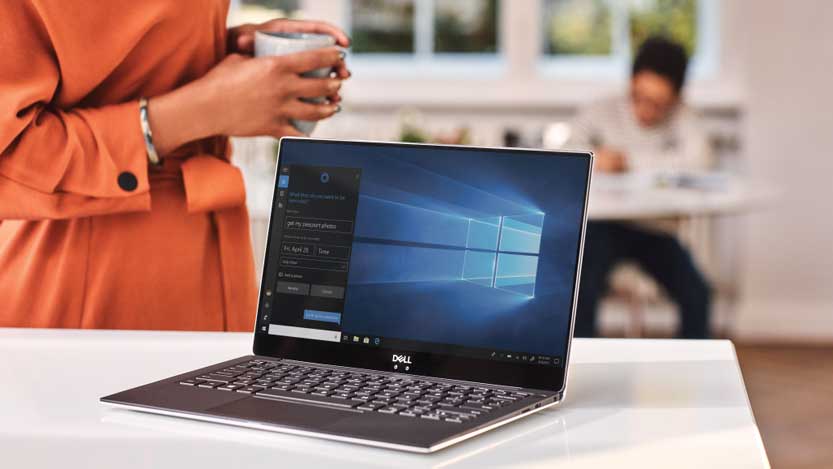
A study conducted by Microsoft Advertising has revealed that marketers are not yet fully embracing the opportunity offered by the rapidly-increasing consumer uptake of voice search technology. Following a survey of 1000 consumer and 150 marketers earlier this year, the results were both surprising and encouraging. From smart home devices to digital voice assistants like Cortana, voice search has indeed become integrated into the everyday lives of consumers, with surveyed Brits revealing they use voice search 2.4 times a day — with a further rise to 3.8 times per day within the 18-24 year-old demographic. However, research shows that it’s marketers who are yet to fully embrace this opportunity. Despite being used more than twice a day by the average consumer, voice search is not a current priority for marketers who ranked voice search seventh out of eight when it came to marketing channel importance. But this could all be about to change.
Although on average just 2% of the marketing budget is currently allocated to voice search, 17% of respondents said they expected this to increase in the next 12 months. While more than a third of marketers stated voice search is just a ‘fad’ (34%), there are also signs that the industry is beginning to recognise its importance in the future. Of the marketers surveyed, 60% agreed the technology will help strengthen the marketing mix, while a third (34%) thought voice could even replace desktop search in the future. In response to the survey results, Microsoft Advertising observed that the current shift to digital assistants is as fundamental as the adoption of mobile phones: “Marketers should ignore this transformation at their peril. We’re seeing the rise of short, snappy searches, but also a return to longer, more conversational queries — and digital assistants or voice search are providing the answers to both.” Sam Holt of Publicist Media added, “Brands must prepare for this future. The best place to start is with a discoverability audit — exactly how visible is your brand on voice-activated devices? Furthermore, brand awareness is more important in voice than traditional search, as many consumers leverage voice to reorder their favourite products. Challenger brands, especially those without a voice strategy, may have difficulty breaking into that consideration set.”
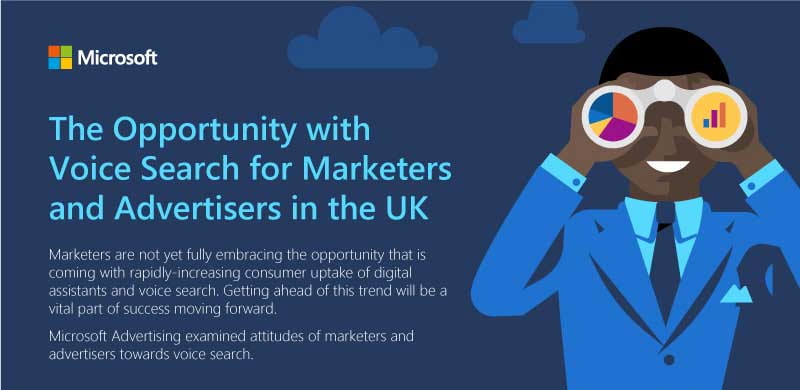
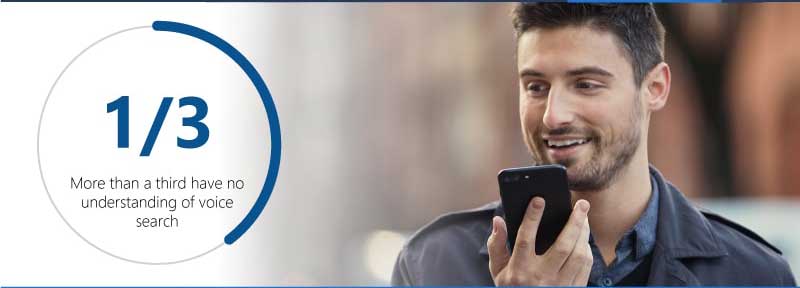
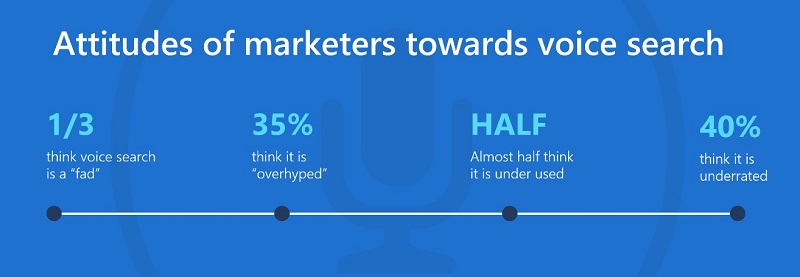
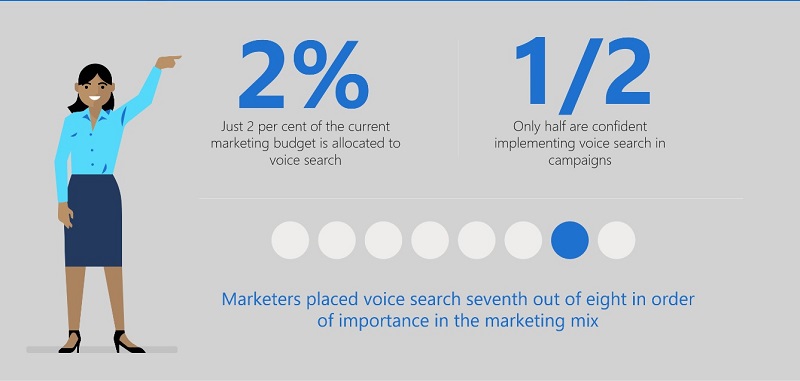
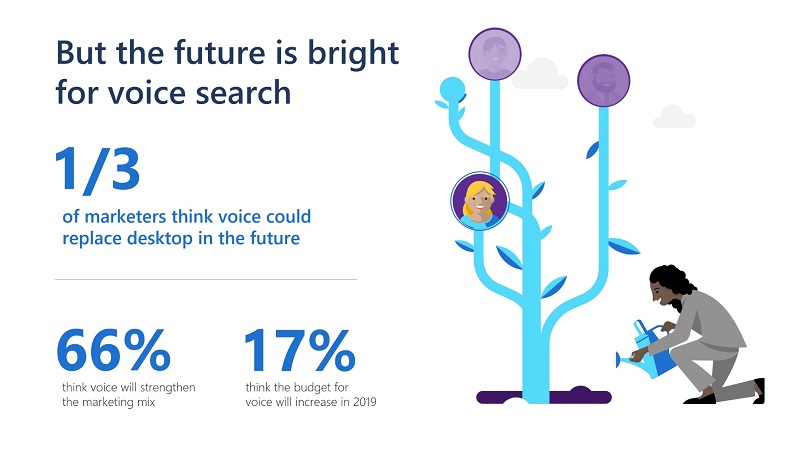
Sorry, there was a problem retrieving your results.